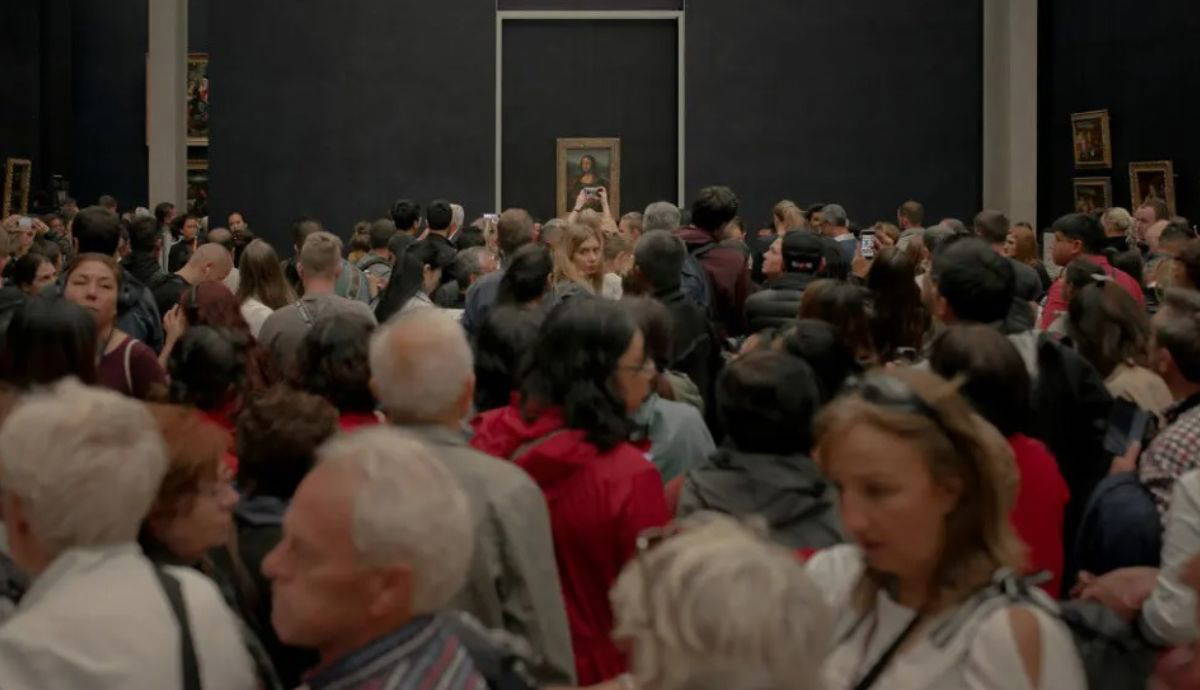The Louvre is hopeful that a creative legal strategy can assist in protecting its image in the continuing worldwide antiquities smuggling case. The first effort to become a civil party was not a success. Then, the museum tried again. The person accused is the institution’s past director, Jean-Luc Martinez. Why? For involvement in criminal extortion and commodities trafficking.
The Louvre Expressed Faith in Jean-Luc Martinez
Martinez sold the pieces to the Louvre Abu Dhabi for around $53 million. Overall, the complex lawsuit includes participants from the United States, Europe, and the Middle East. It attempts to tarnish France’s prestigious and highly profitable position as a premier international leader in the development and oversight of museums. The Louvre asserts that the effects of the harm have already been felt.
In June 2022, the institution asked to be a legal party for the first time. The museum highlighted the damage done to its international standing. Also, to its “national and international ranking, notably [concerning] partnerships concluded with foreign public and private institutions”. Jean-Philippe Gentil, the examining officer who was in charge at that point, refused the request.
Also, the museum’s reputation is the nation’s gold goose. Especially when it comes to the Louvre Abu Dhabi. The outcome of a 2007 agreement requiring the United Arab Emirates to pay €1 billion as payment for the right to use the title “Louvre”. Also, its expertise, and art loans over 30 years. The two countries widened the deal for ten more years, in 2021. Notably, the museum expressed faith in its previous director’s ethics rather than harboring any suspicions of impropriety.
Get the latest articles delivered to your inbox
Sign up to our Free Weekly Newsletter
Trafficking Cases Focus on Individuals
Martinez’s attorneys likewise maintained his innocence. Also, they submitted their claim to France’s highest tribunal. Why would the museum request to be a civil party in the litigation versus Martinez, then? The museum will have access to data in the probe that already ensnared seven active curators at the facility. With this, the museum would absolutely be an advantage to be able to share that with other individuals within the organization”, r. Derek Fincham, art and cultural heritage law professor at the South Texas College of Law Houston said.
He also added the museum will be able “to basically peer around the bend and see the legal strategy that the prosecuting, investigating judge may be using”. It’s critical to realize that the institution wasn’t actually accused of misconduct. Cases involving the trafficking of art frequently center on those more closely associated with the original heist and money laundering.
Being listed as a civil party would not totally exonerate the museum of responsibility or render it the sole victim in this instance. However, it would confirm that the institution had suffered harm, allowing them to potentially seek restitution. “It’s a gray area”, Fincham added, where both possibilities could partially hold true.

